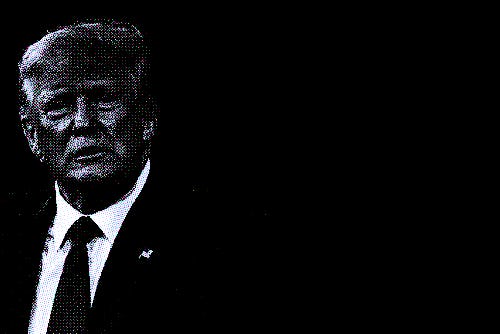A judge says Trump likely committed felonies on Jan. 6
Judge David Carter ruled it’s “more likely than not” that Trump acted “corruptly” on Jan. 6. Here’s why that matters.

Citing the “obvious” illegality of attorney and adviser John Eastman’s plans to disrupt the transfer of power in wake of the 2020 election, a federal judge on Monday determined that former President Donald Trump probably committed a felony crime in his desperate attempt to remain in office after losing to Joe Biden.
“Based on the evidence, the Court finds it more likely than not that President Trump corruptly attempted to obstruct the Joint Session of Congress on Jan. 6, 2021,” Judge David Carter, a district judge for the Central District of California, wrote in a ruling ordering Eastman — the attorney who spearheaded Trump’s effort to subvert the election results — to turn over more than 100 emails to the congressional select committee investigating the Jan. 6 insurrection on Capitol Hill. Carter’s determination that Trump likely committed crimes as part of his work with Eastman essentially nullified Eastman’s attempt to shield his communications from the committee by claiming they were covered by attorney-client privilege. Carter found that just 10 of the dozens of emails in question met that privilege standard.
“President Trump and Dr. Eastman justified the plan [to overturn state electoral results] with allegations of election fraud — but President Trump likely knew the justification was baseless, and therefore that the entire plan was unlawful,” Carter said in his ruling. “Although Dr. Eastman argues that President Trump was advised several state elections were fraudulent, the Select Committee points to numerous executive branch officials who publicly stated and privately stressed to President Trump that there was no evidence of fraud.”
Carter’s decision comes just weeks after the Jan. 6 committee made its first and most concrete assertion that Trump himself was involved in criminal activity pertaining to the insurrection, writing in a legal brief demanding Eastman turn over his communications that “evidence and information available to the Committee establishes a good-faith belief that Mr. Trump and others may have engaged in criminal and/or fraudulent acts,” and that “[Eastman’s] legal assistance was used in furtherance of those activities.”
While Carter’s ruling is not, in and of itself, actionable in terms of actually bringing criminal charges against Eastman or Trump, it does offer a concrete legal basis for the Jan. 6 committee to recommend the Justice Department pursue further action.